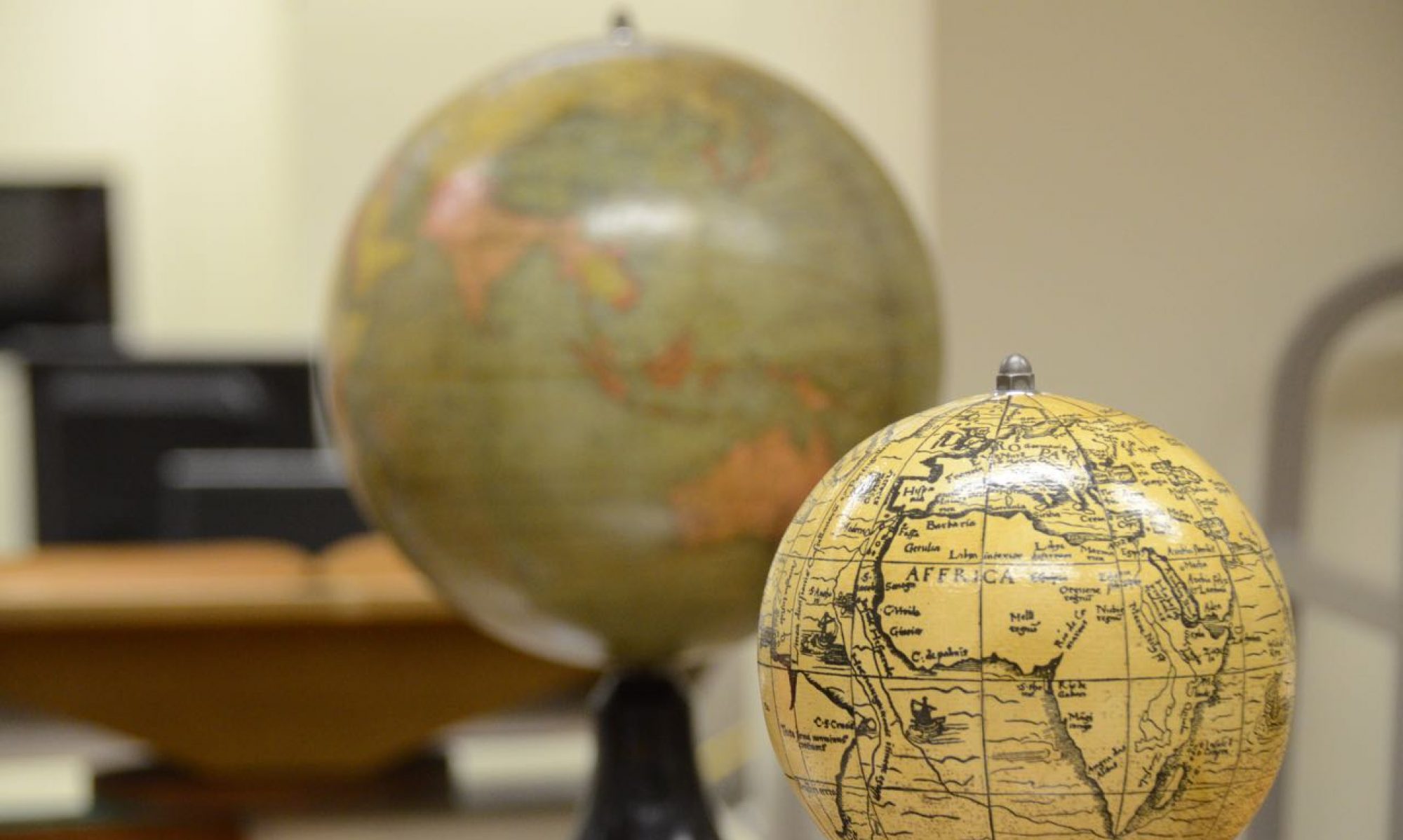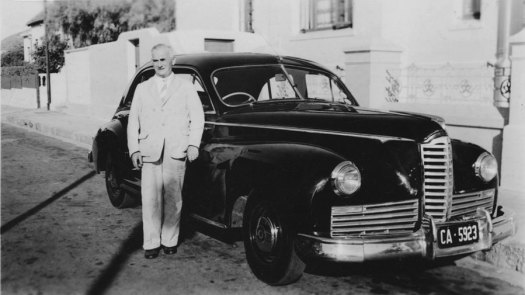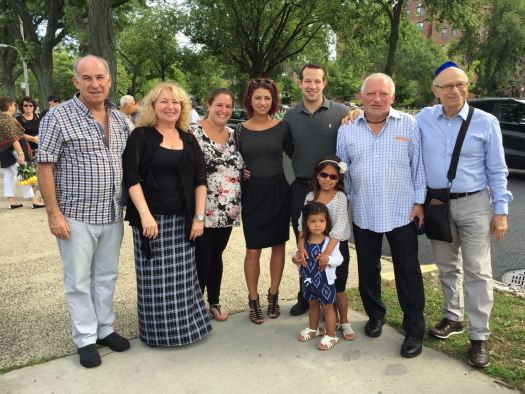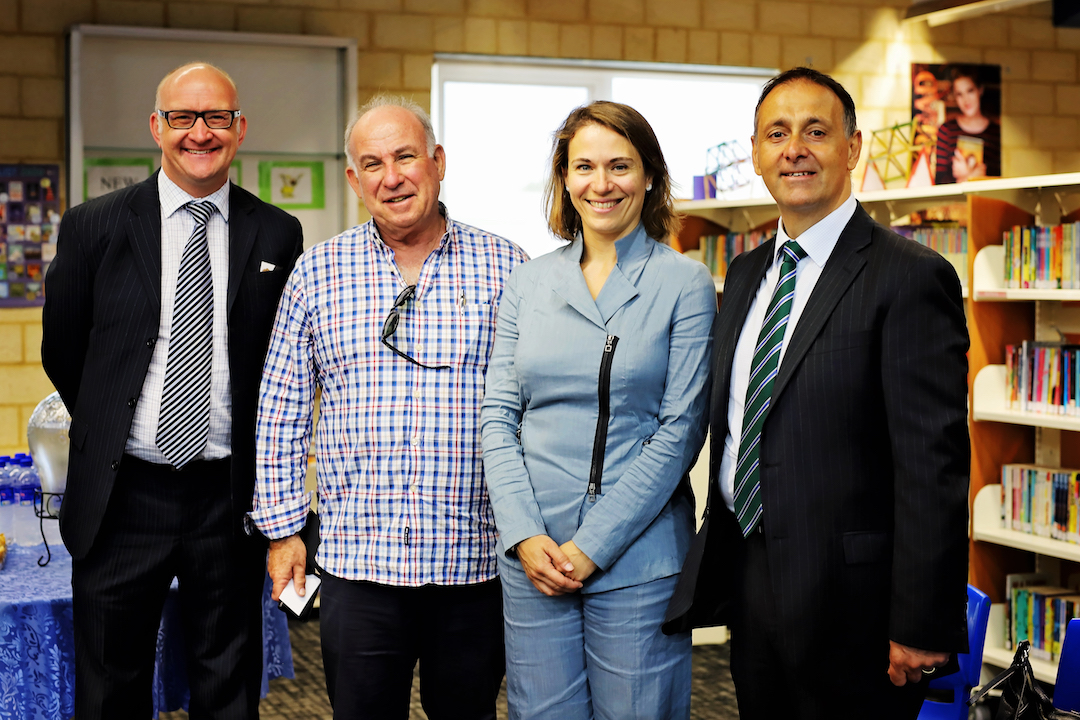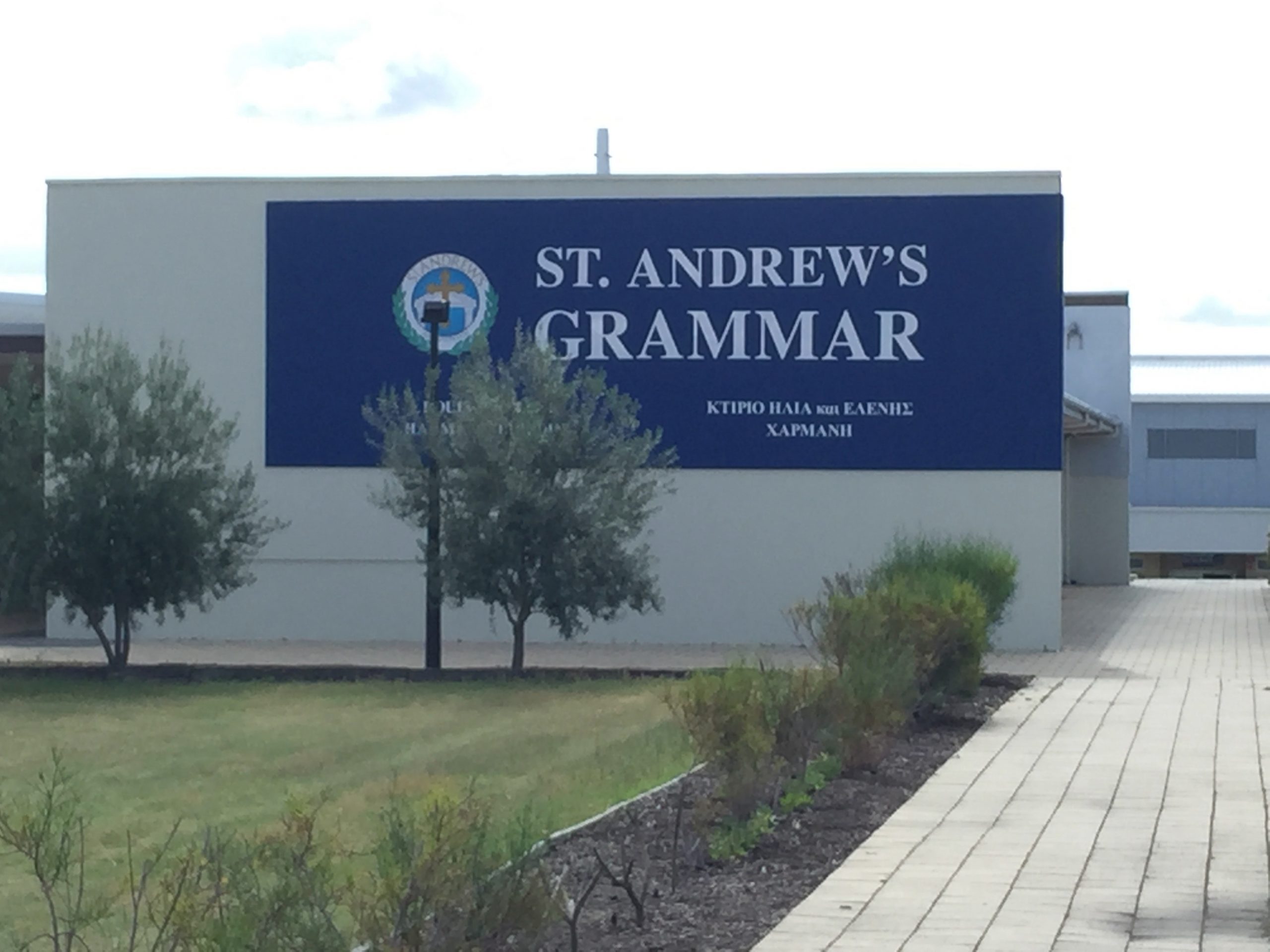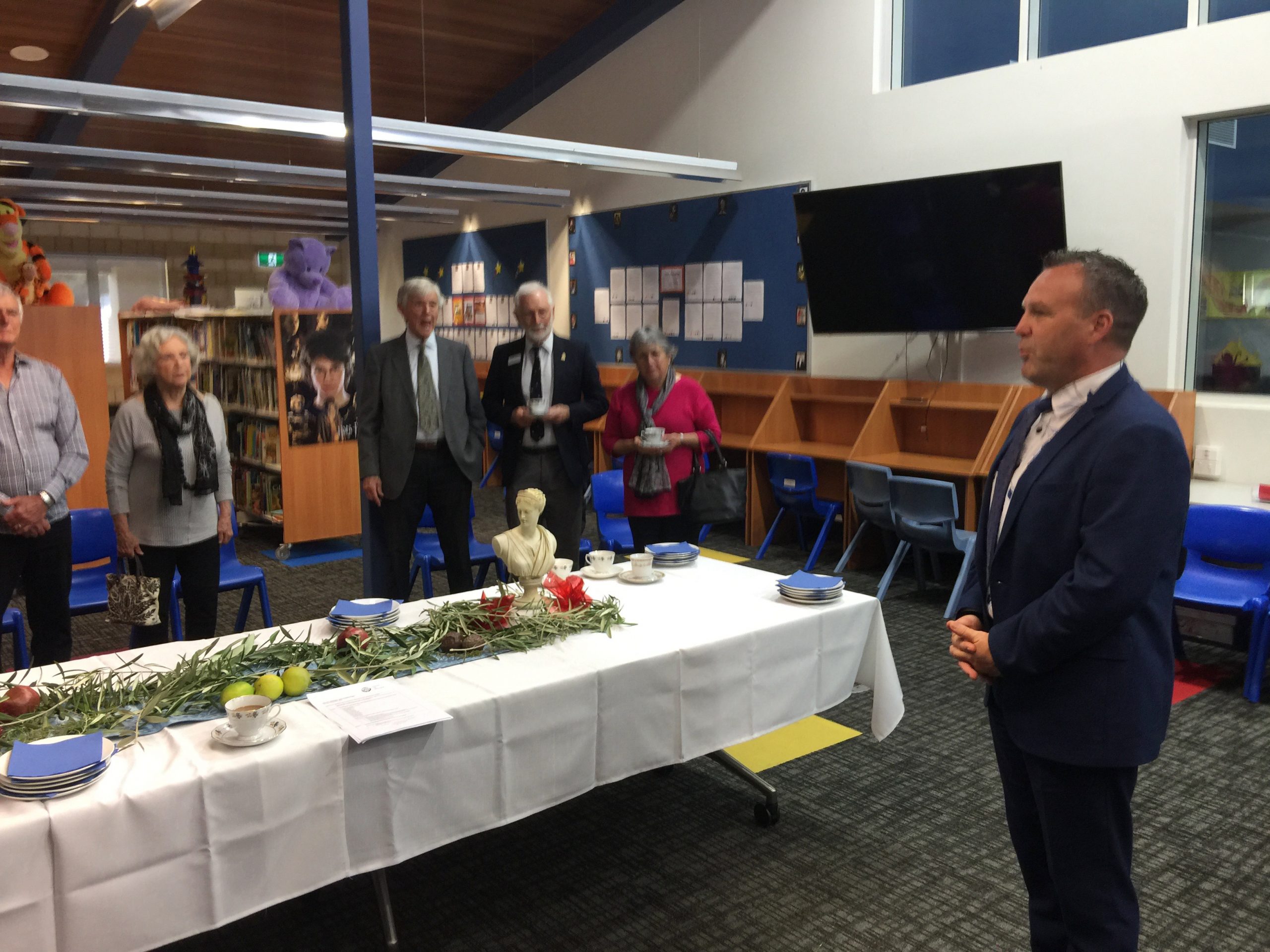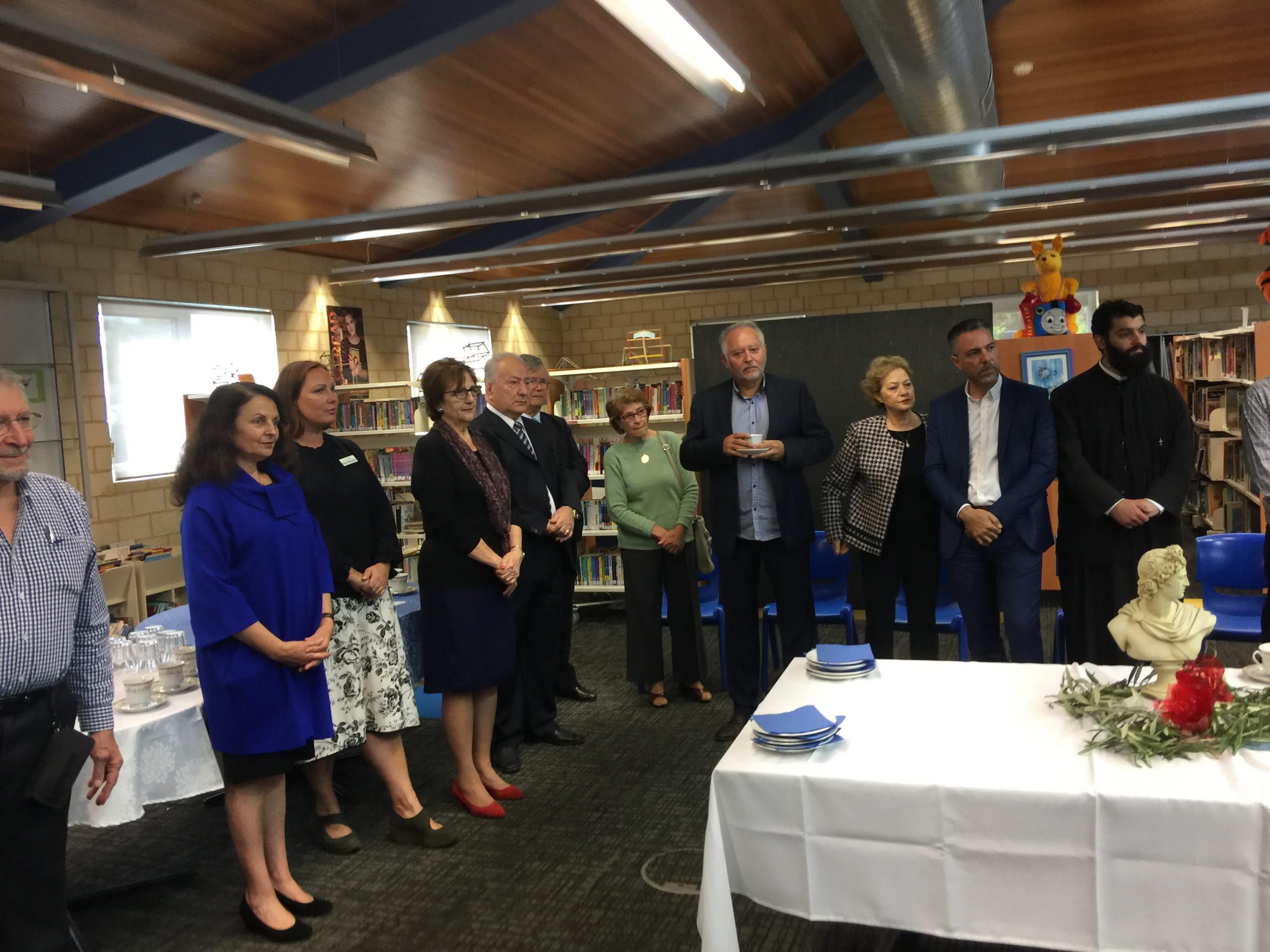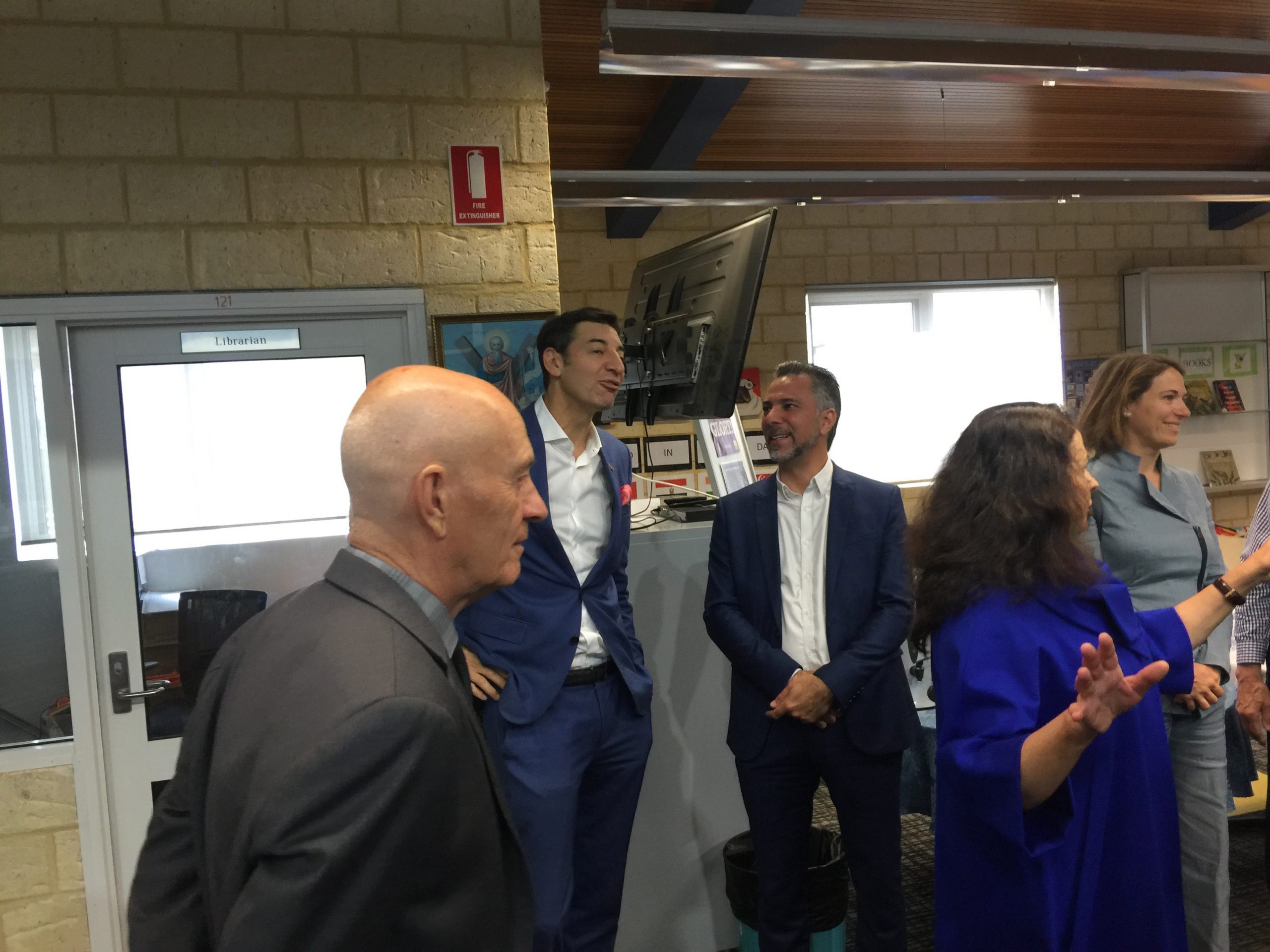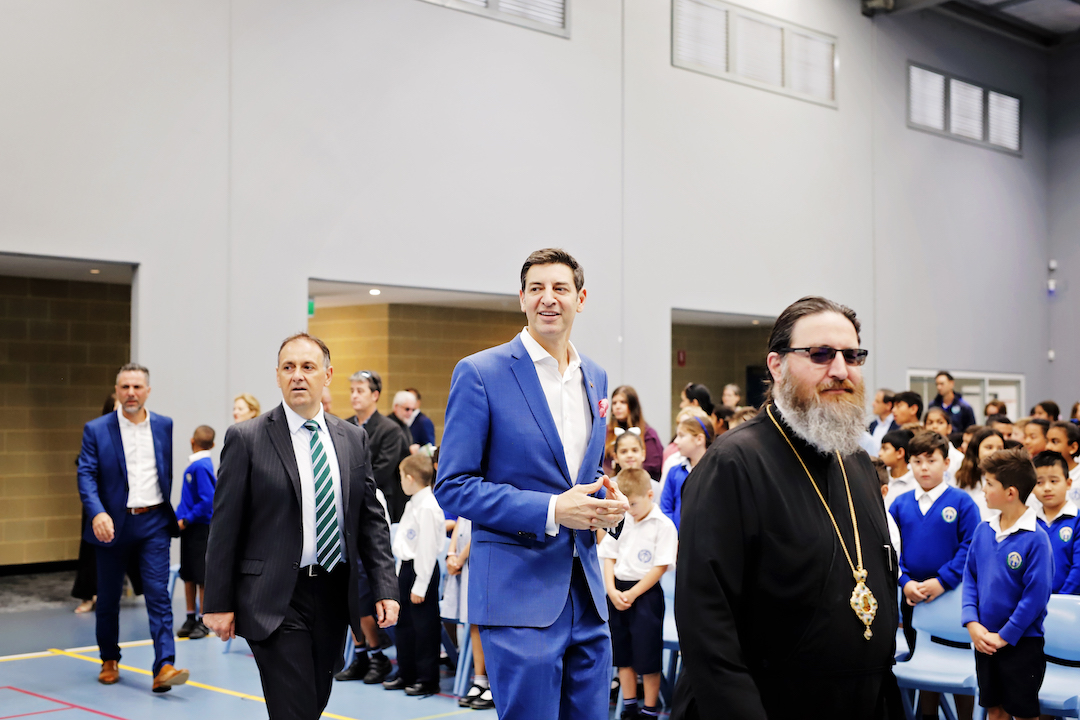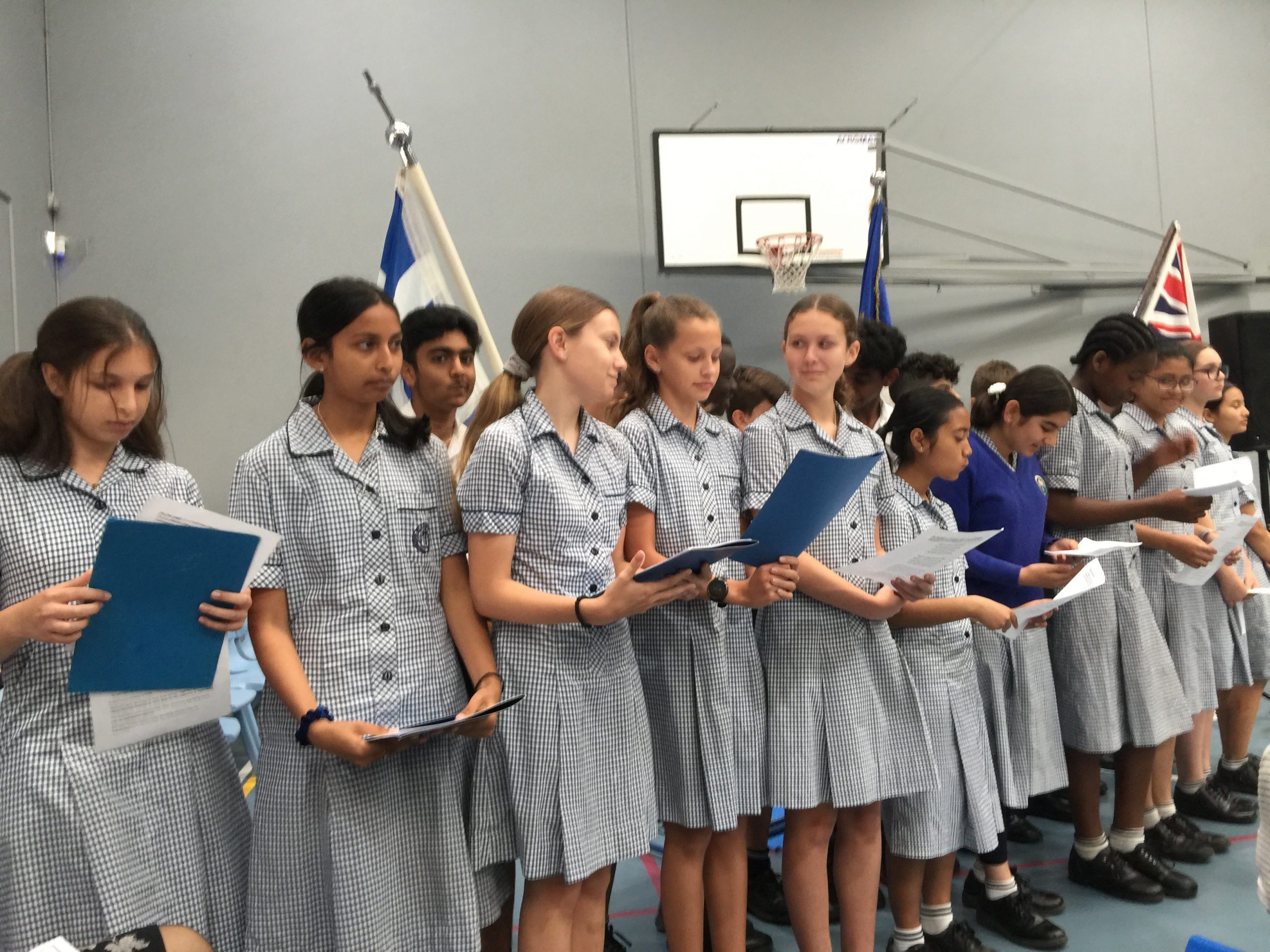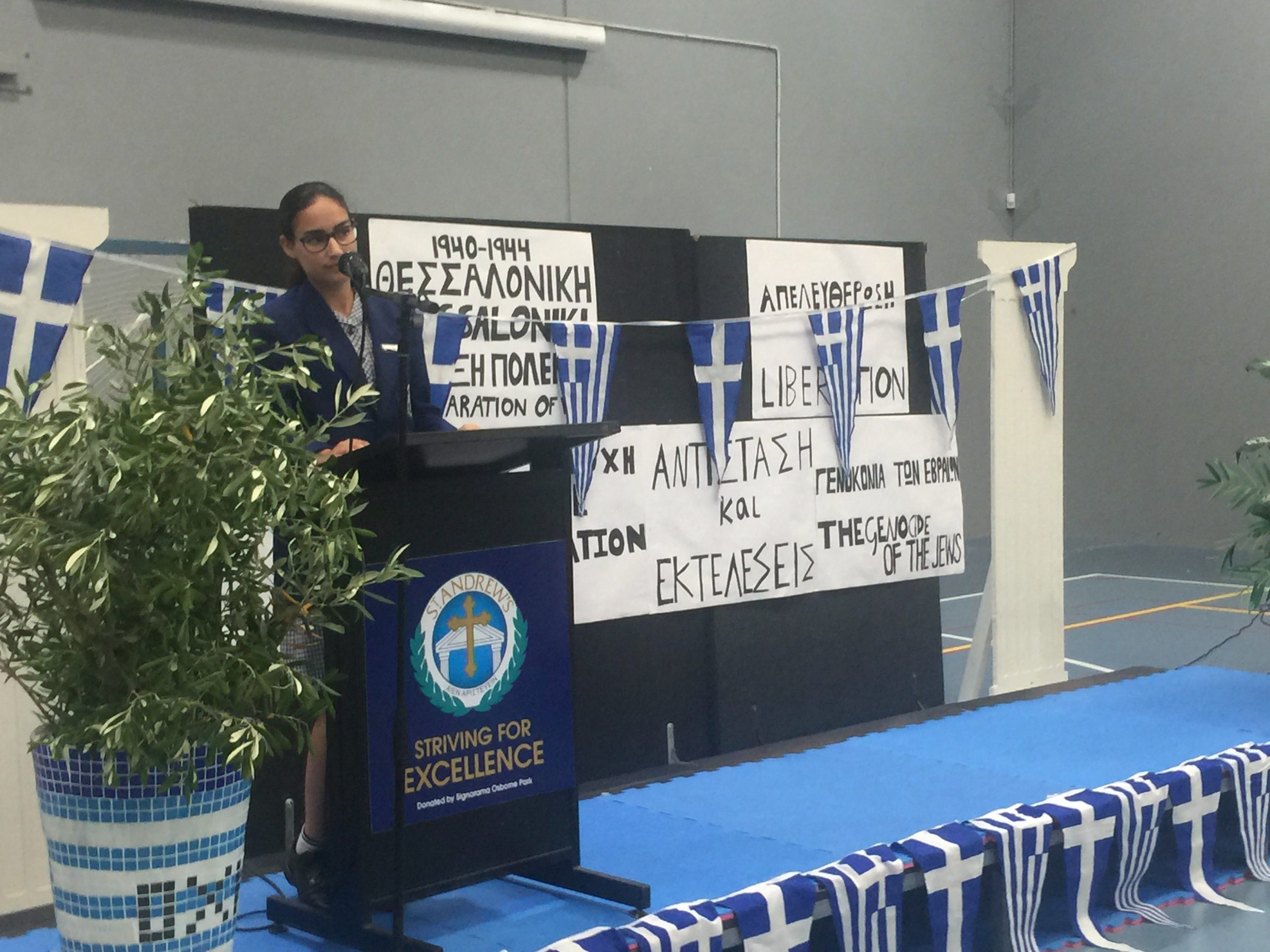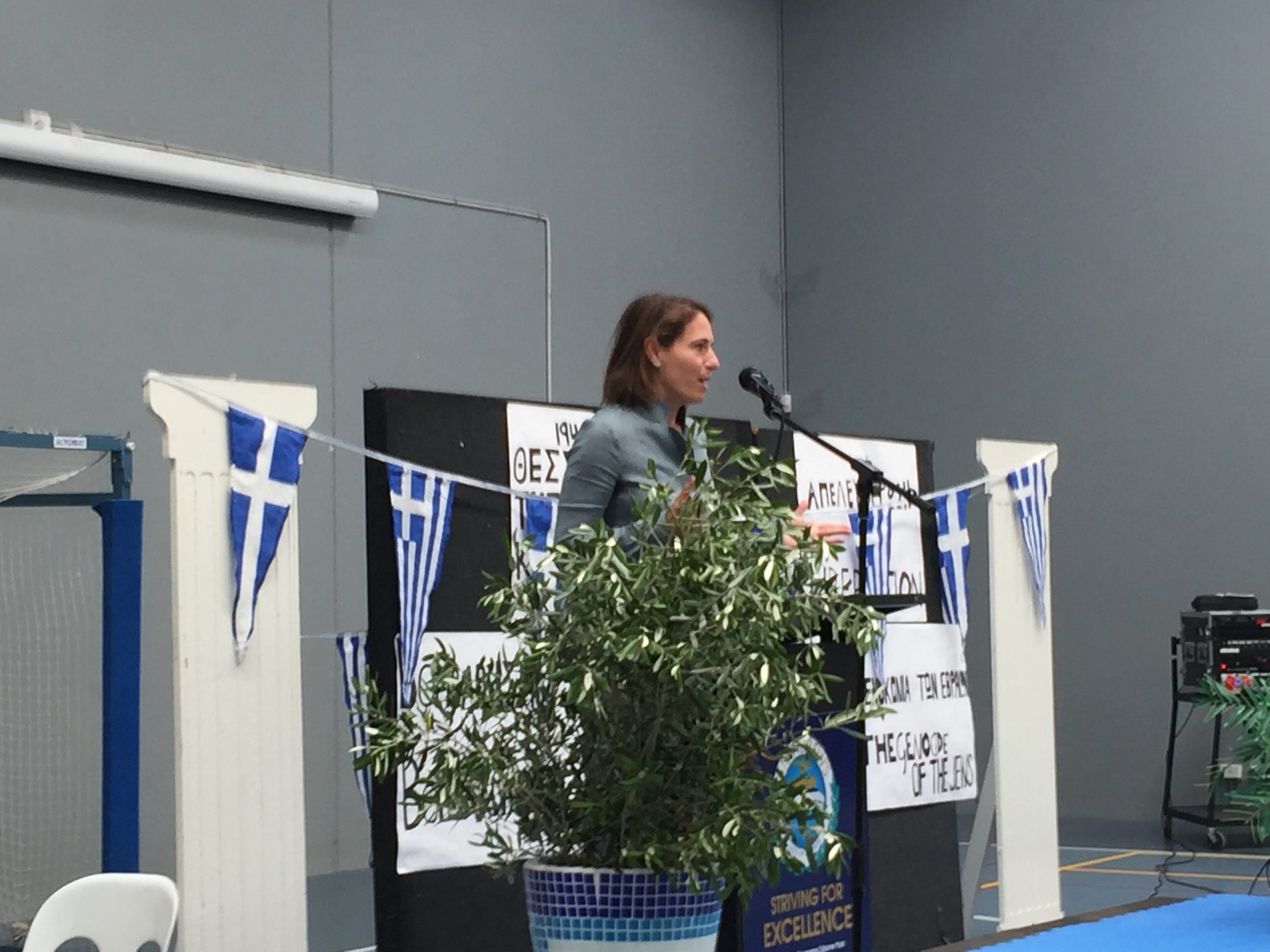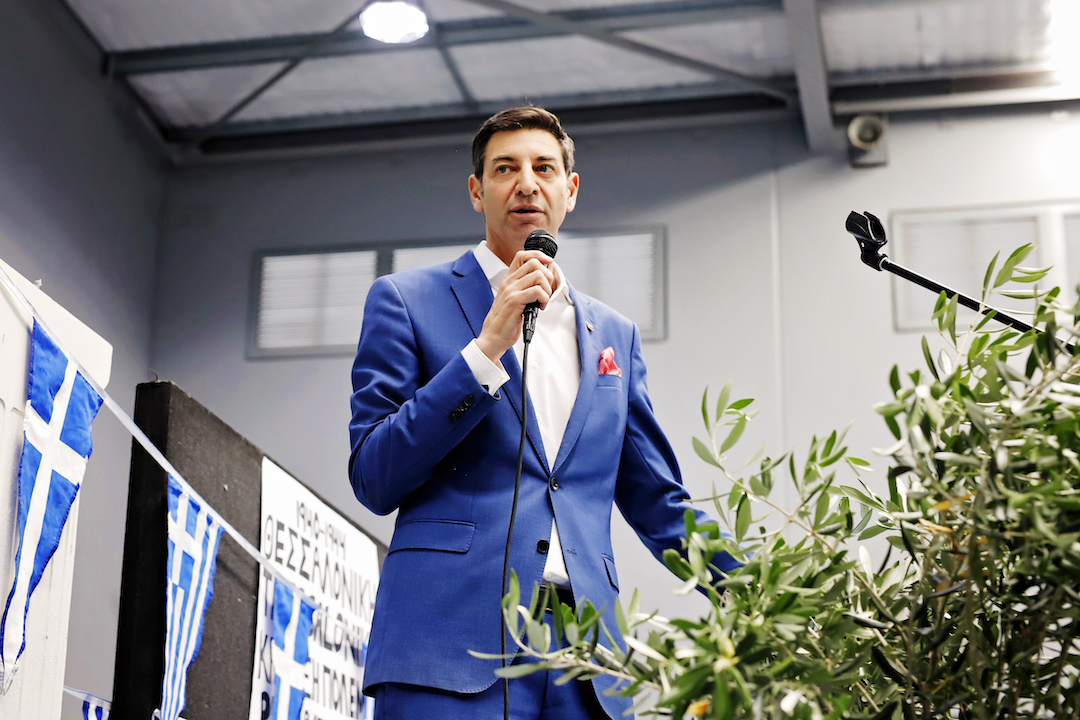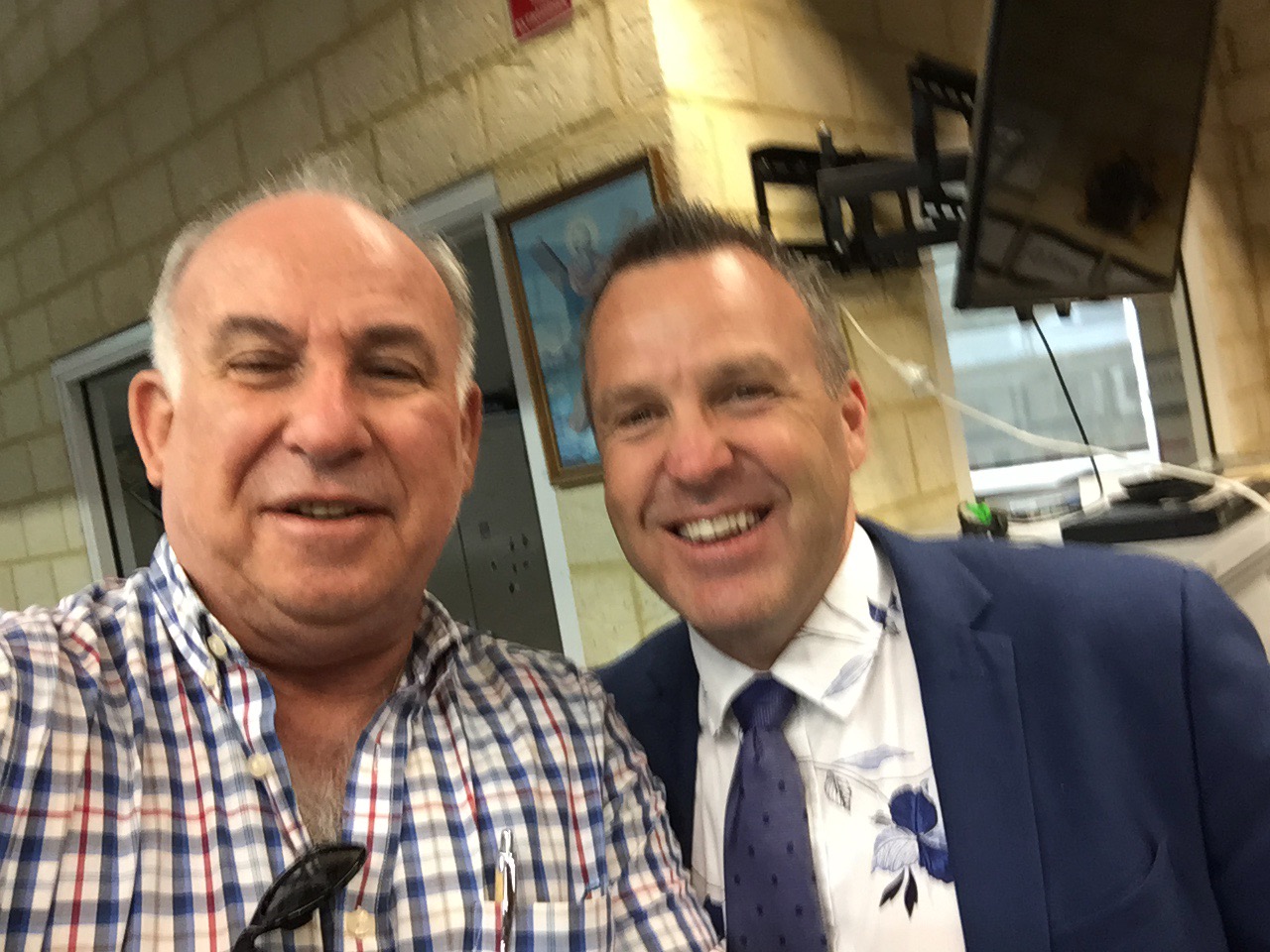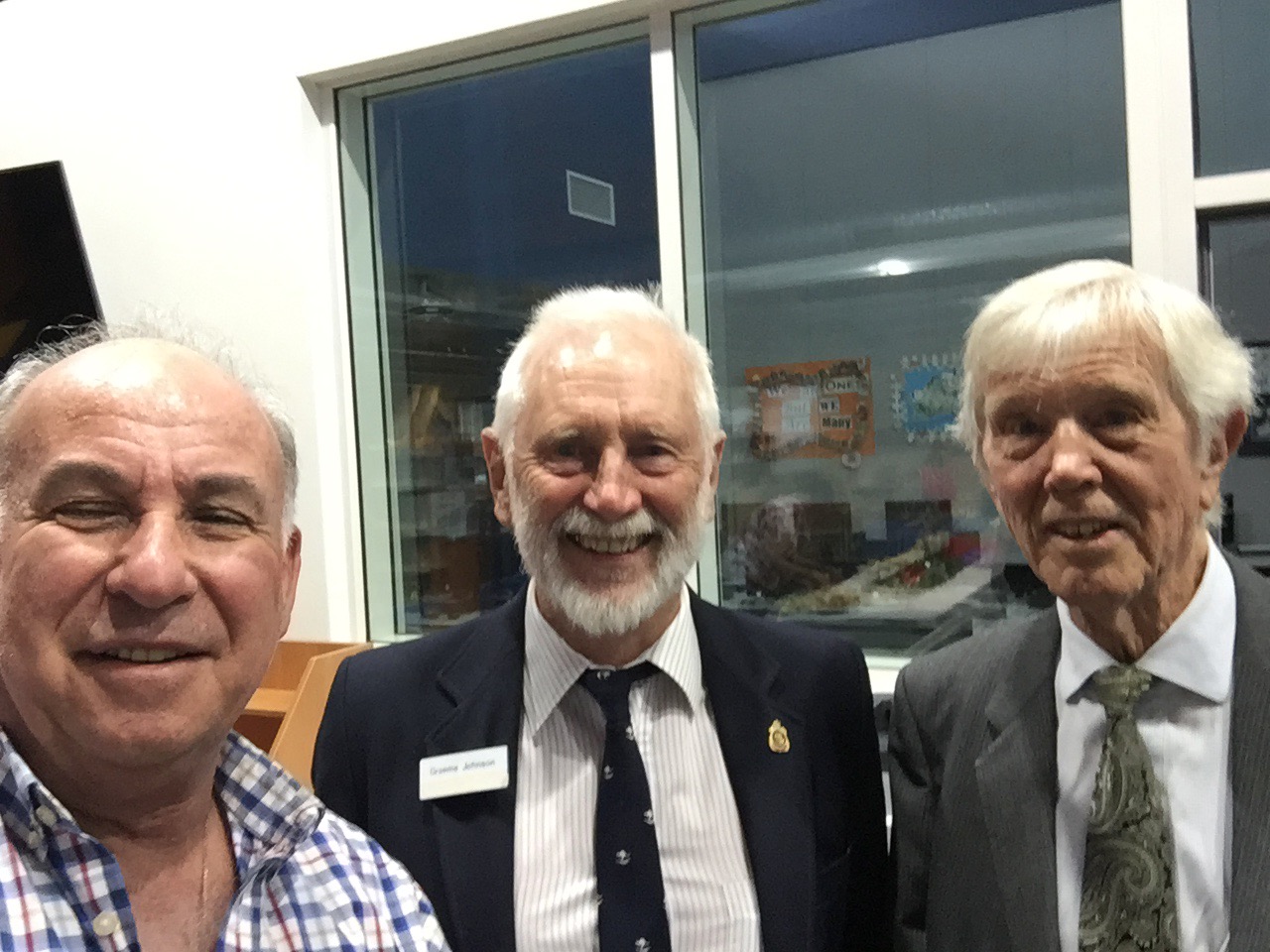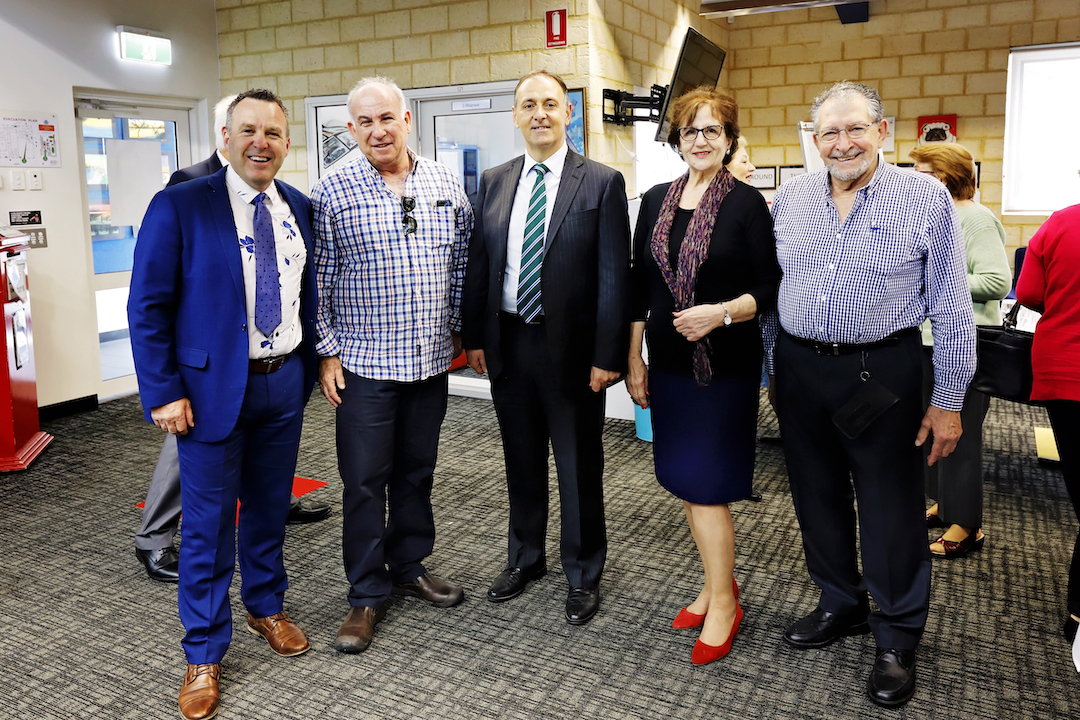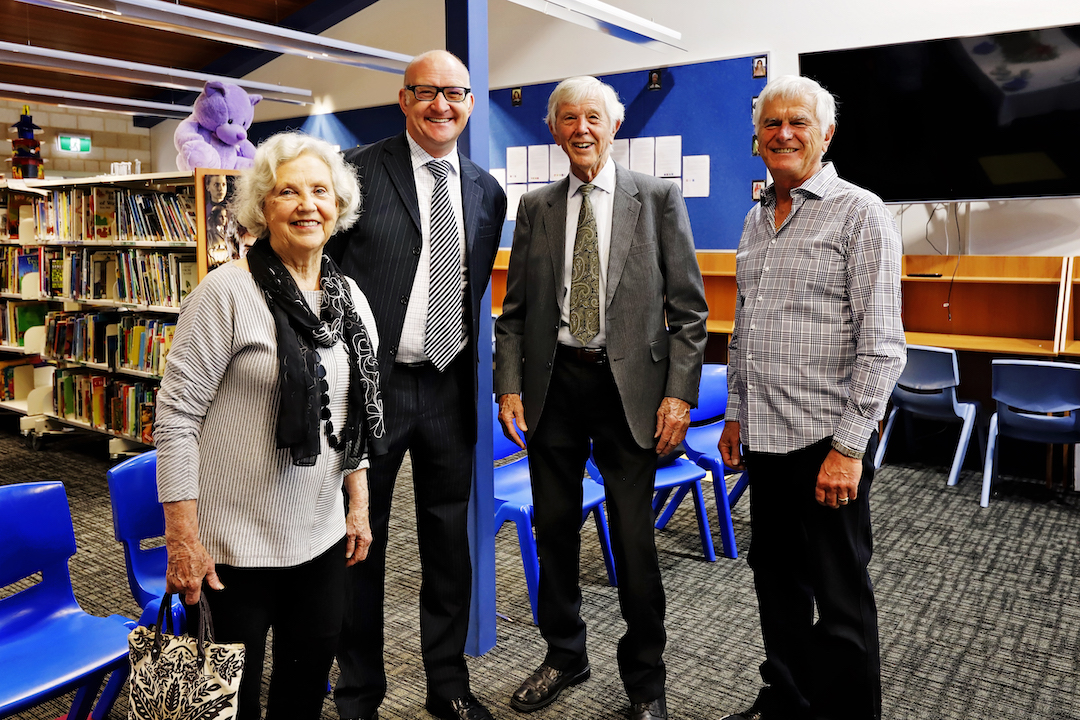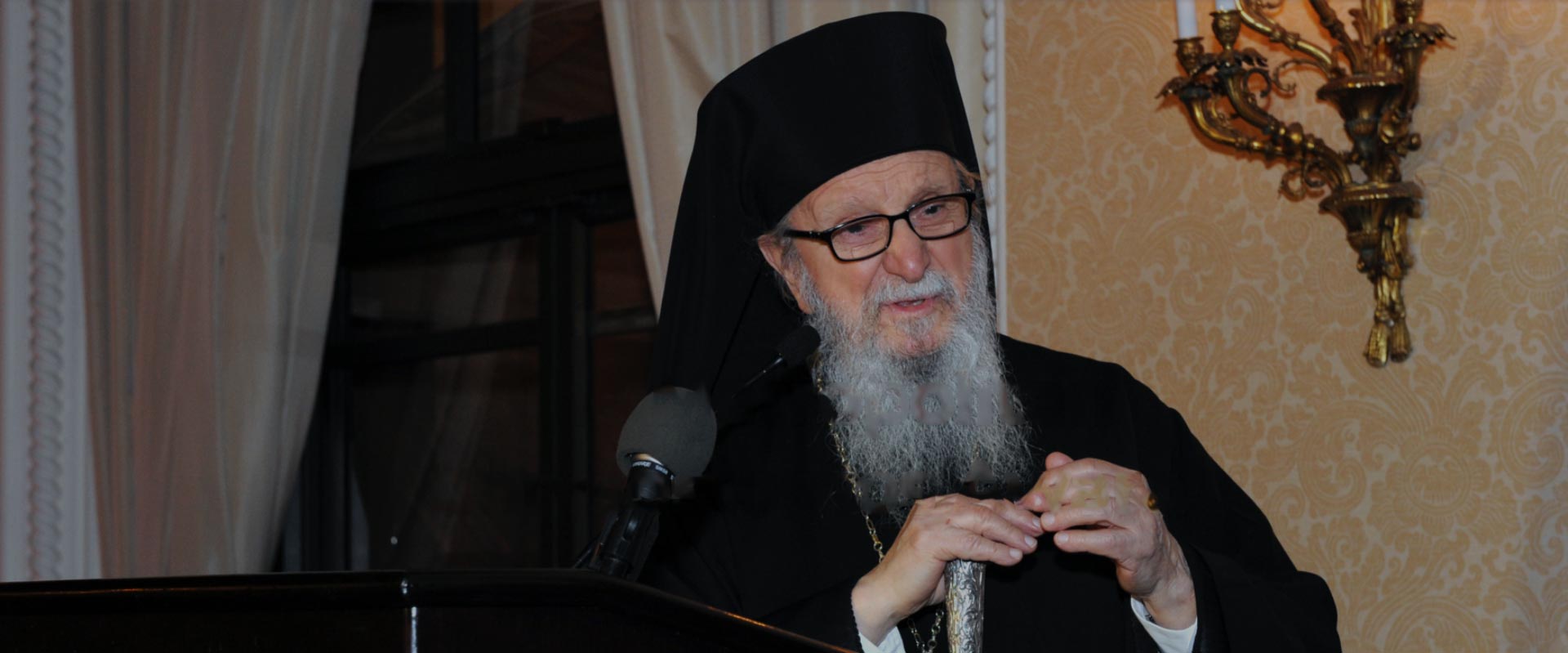
„Oscar“ winner and Plungė
by Danutė Serapinienė
On September 8th of this year, at the age of 85, the prose writer, playwright and screenwriter Sir Ronald Harvood went to Eternity. In 2003, he won the Oscar, the most prestigious film award in the world, for his screenplay „The Pianist“. Plungė has its roots because the artist’s father was born and spent his childhood in our city. This year marks the 15th anniversary of this famous person’s first and last visit to his father’s homeland.
Two classmates from Cape Town
- Harwood’s father was Isaac Horvich (Horwitz). As a teenager, in 1902 he found himself in Cape Town, South Africa. In 1934, his son Ronald was born. Harwood was in the same class at Sea Point Boys’ High as Abel Levitt, whose father was also from Plunge, but the two were unaware of this fact at the time. After graduating from school, the paths of these friends parted ways.
Ronald went to London to study the art of drama and called himself Harwood. Here the young man wanted to pursue an acting career, but turned to the path of a writer. In 1959, he married Natasha Riehle (1938-2013), the granddaughter of the seventh generation of Russian Empress Catherine II (or Catherine the Great). The Harwoods had three children: Anthony, Deborah, and Alexander.
From 1993 to 1997, Harwood was president of the International Club of PEN (Poets, Essays, Novelists). And from 2001 to 2004, he served as president of the Royal Literary Society. The creative legacy of this writer: 24 stage plays, 20 screenplays, 33 books and publications. Ronald Harwood was nominated 32 times for various awards and won 8 times. The most important achievement being his Oscar.
His friend Abel settled in Israel. Together with his wife Glenda, he took care of the memory of his relatives and other Jews of Plungė killed during the Holocaust in Kaušėnai, and helped to establish the Tolerance Education Center at the „Saulė“ Gymnasium. In 2014, Glenda and Abel Levitt were awarded the Badge of Honor of our Municipality for nurturing and perpetuating the Jewish cultural and historical heritage in the Plungė district. In 2019, the Lithuanian Embassy in Israel awarded Spouses Glenda and Abel Levitt with the Lithuanian Ministry of Foreign Affairs badge of honor “Star of Lithuanian Diplomacy” for fostering relations between the Republic of Lithuania and the State of Israel, and perpetuating historical memory.
Relations between the two classmates were resumed when Abel read Ronald Harwood’s novel “ Home”. From there he learned that Ronald’s father, Isaac Horwitz had emigrated to South Africa from Plunge. Then Abel called Ronald and invited him and his wife to go to their parents’ hometown. The invitation was accepted immediately.
In the parents‘ homeland
And on May 25, 2005, Ronald Harwood arrived in Plungė with his wife Natasha and the Levitt family. First they met Jakov Bunka, the last Jew in Plungė, and the next morning they visited the Kaušėnai memorial, where 1,800 Jews from Plungė were killed in July 1941. Ronald had no family left here, but he walked in silence, deeply excited, shrouded in the sanctity of the moment.
Next, our guest visited Saulės Gymnasium. An open lesson was held in the Assembly Hall. Ronald Harwood told the gathered students and teachers about the making of the film “Pianist”. His script was based on the memoirs of Vladislav Špilman, a Jewish pianist living in Poland. After the Nazis occupied Warsaw, the musician, separated from his family, went into hiding for several years. The idea of the film is not to submit to the terrible force of events, and to remain spiritually unbroken.. The screenwriter recounted how the lead actor, the talented American actor, Adrian Brody, had to starve to look like a persecuted and hungry man outwardly. Unable to eat normally, the artist was naturally and constantly sad. The film’s director, Roman Polanski, changed the idea for Ronald Harwood, who hadn’t been able to figure out where to start his screenplay for a long time, to be a playing pianist in the first frame. The screenwriter took advantage of that advice – then came the inspiration to compose all the frames and re-portray Spilman playing the piano in the finale. This film won three Oscars – Best Director, Best Actor and Best Screenplay. The students who attended the meeting received detailed answers to their questions.
In the afternoon of the same day, Ronald Harwood met with an enlightened person of Plungė at the Samogitian Art Museum. As he entered the hall, a melody by Frederik Chopin was heard, played by the pianist of Plunge‘s Mykolas Oginskis Art School. It was the same melody that sounded at the beginning of The Pianist. The start of the meeting was very exciting for Harwood. After all, the music in this film symbolizes such a belief in life and human purpose that man finds in himself the strength to restore a destroyed world even after theonlad ccccccccffffffffff Nazi horror. Harwood spoke about the making of the film, himself, and his father, answering questions from the audience. At the end of the meeting, a photo of all the participants of the afternoon was taken.
The next day, Kazys Vitkevičius, the last surviving Jewish rescuer in Plungė district, was visited.
In 1941, at the age of 14, he helped his mother Emilia Vitkevichienė hide and feed Jewish girls. For this heroism, at the risk of their lives, the mother and son were awarded with the honour of being Righteous of the Nations of the World. For Ronald and Natasha, meeting this special man left a deep impression.
The reception of guests in the Municipal offices was also important. Glenda and Abel Levitt were most impressed by Ronald Harwood’s words to Algirdas Pečiulis, the mayor of Plungė district: “Mr. Mayor, I know you have difficulties with the budget. I appeal to you no matter what you decide, don’t cut the cultural budget so as not to harm your community. ”These words inspired Abel and Glenda to organize a Competition for the Artistic Expression of students named for Ronald Harwood together with the „Saulė“ Gymnasium Tolerance Centre.
Dissemination of humanity and tolerance
The aim of the Ronald Harwood Competition is to encourage students to study history and to make it meaningful artistically, with a strong focus on the Holocaust, to develop tolerance and compassion for the abused, to foster common human values.
In the spring of 2007, the final event of the first competition took place, which was attended by students of Plungė, Palanga and Mažeikiai and their teachers. Abel and Glenda Levitt from Israel also arrived, and Harwood, who was unable to attend due to work commitments, sent a letter to the participants, which was read aloud to everyone. He stated that the memory of Plungė remained as constant reflections on his roots, which thus strengthened his daily life. The author of the letter often thought that his father, Isaac Horwitz, “would be deeply moved, knowing that I could breathe the same air he breathed as a boy, I could look at the same sky my father was looking at.”
The creator remembered the shocking experiences at the massacre graves in Kaušėnai and the meeting with the Jewish rescuer K. Vitkevichius: “I learned that, despite the horror he experienced, he has survived as a bright example of goodness and courage. He showed the light where I saw only darkness. ”
“Your Ronnie”
In 2010, Queen Elizabeth II of England awarded Ronald Harwood the title of Sir. His wife became Lady Harwood. On that occasion, the Tolerance Education Center of Saulė Gymnasium greeted the artist by e-mail. Soon Sir Ronald sent a thank you note, after which he signed, “Your Ronnie“. In this way, only close friends could contact him. This was unexpected, because after all, Ronald Harwood interacted with world leaders, presidents and famous actors. Prince Charles and Camila hosted a dinner for Ronald to mark his 80th birthday. Such a pleasant signature of Ronald Harwood testifies that the visit to Plungė was really very significant for him.
In the 13 years of the Harwood competition, about 800 students have submitted their work. There were works of art of various genres – individual and collective: paintings, graphics, collages, creative writing, dance, documentaries, stagings, photographs, literary-musical compositions, performances. The geography of the bidders has expanded significantly. In addition to the above-mentioned Palanga and Mažeikiai residents, school delegations from Ariogala, Kaunas, Klaipėda, Šiauliai, Vilnius, Alytus, Marijampolė, Kėdainiai have participated in it. Such support for the goals of the competition offers hope that the current generation can create a more beautiful world.
Glenda and Abel Levitt demonstrate the most interesting and artistic works of art of the contestants in meetings with communities of various countries and cities. They tell about Lithuania and the Tolerance Centre in Plungė, which invites to develop humanity and tolerance through art. Presentations of students’ works have already been held at the Plungė Public Library, Biržai, the Israeli cities of Tel Mond, Netanya, Kfar Saba, Jerusalem, Herzliya, Ra’anana, Tel Aviv, South African cities of Cape Town, Johannesburg, Durban, as well as London, Toronto, Washington. So thanks to Glenda and Abel Levitt, the name of our city sounds beautiful in the wide world. Ronald Harwood’s work was the source of inspiration for good works by the creators of his name contest and talented young people. The Oscar winner concluded his letter to the first contestant with the words: “Politics is temporary, but art is eternal.” It can be added that person is also temporary in this world, but when a great artist comes leaves this world, his creation illuminates the depths of the souls of those who remain.
Danutė Serapinienė

Plunge Saule Gymnazyum Tolerance Centre
Plunge Saule Gymnazyum Tolerance Centre

Plungyan KehilaLInk Home Plunge, Lithuania Source: kehilalinks.jewishgen.org/plunge/Home.html Plunge Saule Gymnazyum Tolerance Centre The Ronald Harwood International Art Competition Ronald Harwood…
Compiled by Eli Rabinowitz – matriculated at Sea Point Boys’ in 1969
